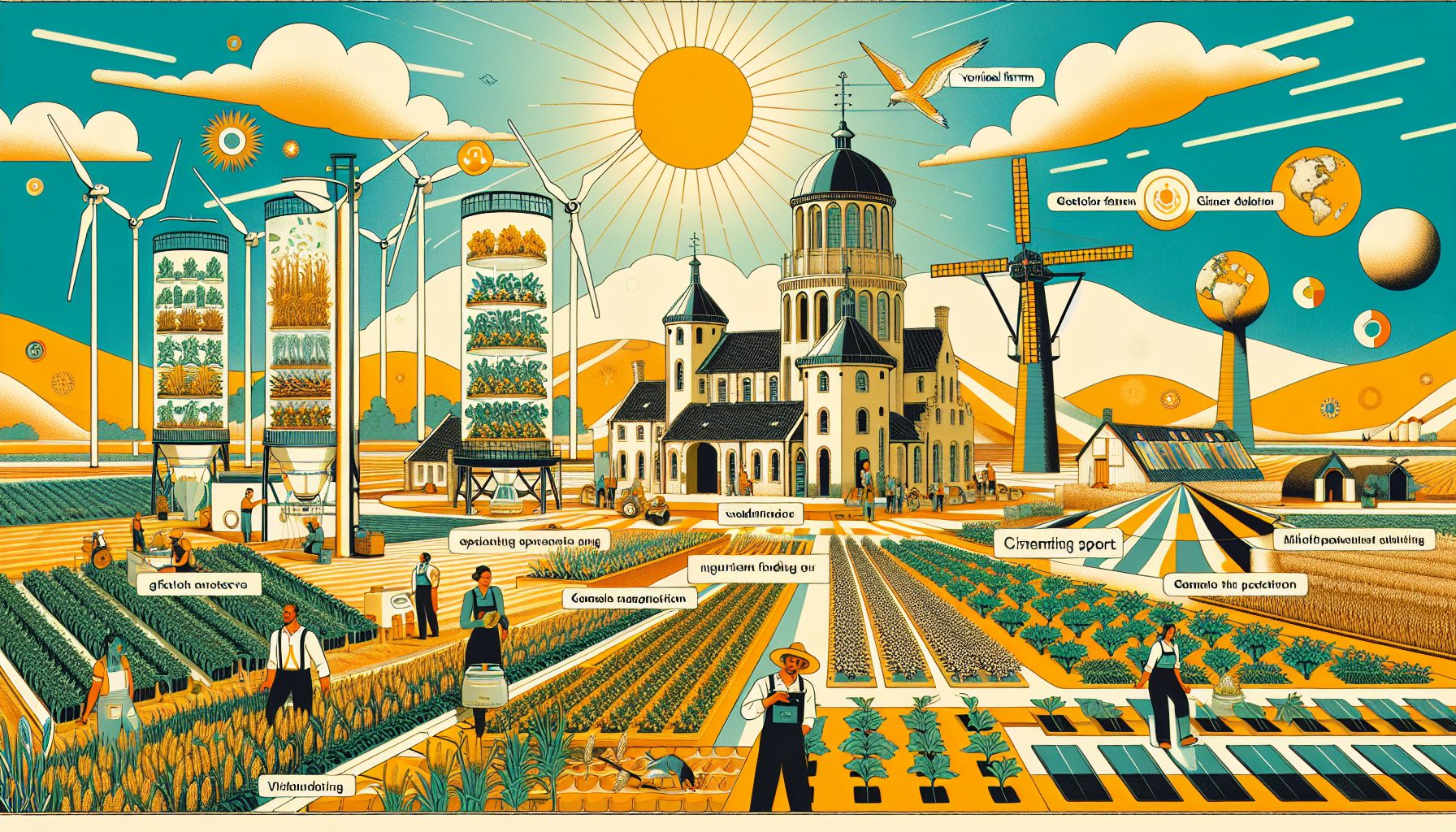Dutch Government Boosts Funding for Agri-Tech to Combat Climate Change

The Hague, Friday, 6 December 2024.
The Netherlands increases support for sustainable farming to innovate agricultural practices and meet climate goals, emphasizing the urgent need for structured funding and collaboration.
Financial Commitment and Sector Needs
The Dutch agricultural organization LTO has identified that a substantial financial contribution of €8 billion is necessary to effectively implement climate initiatives in the farming sector [1]. This comes as the agricultural sector, excluding greenhouse farming, currently faces limited access to the Climate Fund, creating significant challenges in meeting the 2030 climate targets [1]. The urgency of this support is highlighted by the fact that farmers and horticulturists are among the first to experience the direct impacts of climate change through extreme weather events [1].
Innovation and Collaboration Framework
A significant development in addressing these challenges came during the recent EIT Digital event on November 28, 2024, where key stakeholders gathered to discuss digital innovation in agriculture [3]. Federico Menna, CEO of EIT Digital, emphasized the importance of cross-sector collaboration, presenting findings to Diego Canga Fano, Acting Deputy Director-General of DG AGRI [3]. The initiative focuses on integrating AI and robotics while addressing both socio-economic and sustainability challenges [3].
International Partnership and Knowledge Exchange
The Netherlands’ commitment to agricultural innovation was further demonstrated during a recent collaboration with New Zealand from November 18-22, 2024 [5]. This partnership showcased the Dutch government’s substantial investment of €450 million in developing ‘hands-free labor in agriculture and food’ technologies [5]. The innovation mission specifically focused on sustainable fruit technologies and digital solutions to address modern farming challenges [5].
Implementation and Future Outlook
To ensure long-term success, LTO is proposing the establishment of a covenant for climate-conscious agriculture [1]. This agreement would provide crucial long-term security and investment perspectives for both the agricultural sector and government [1]. The implementation strategy emphasizes immediate action at business, area, and sector levels, while also focusing on innovation for post-2030 emission reductions [1].

